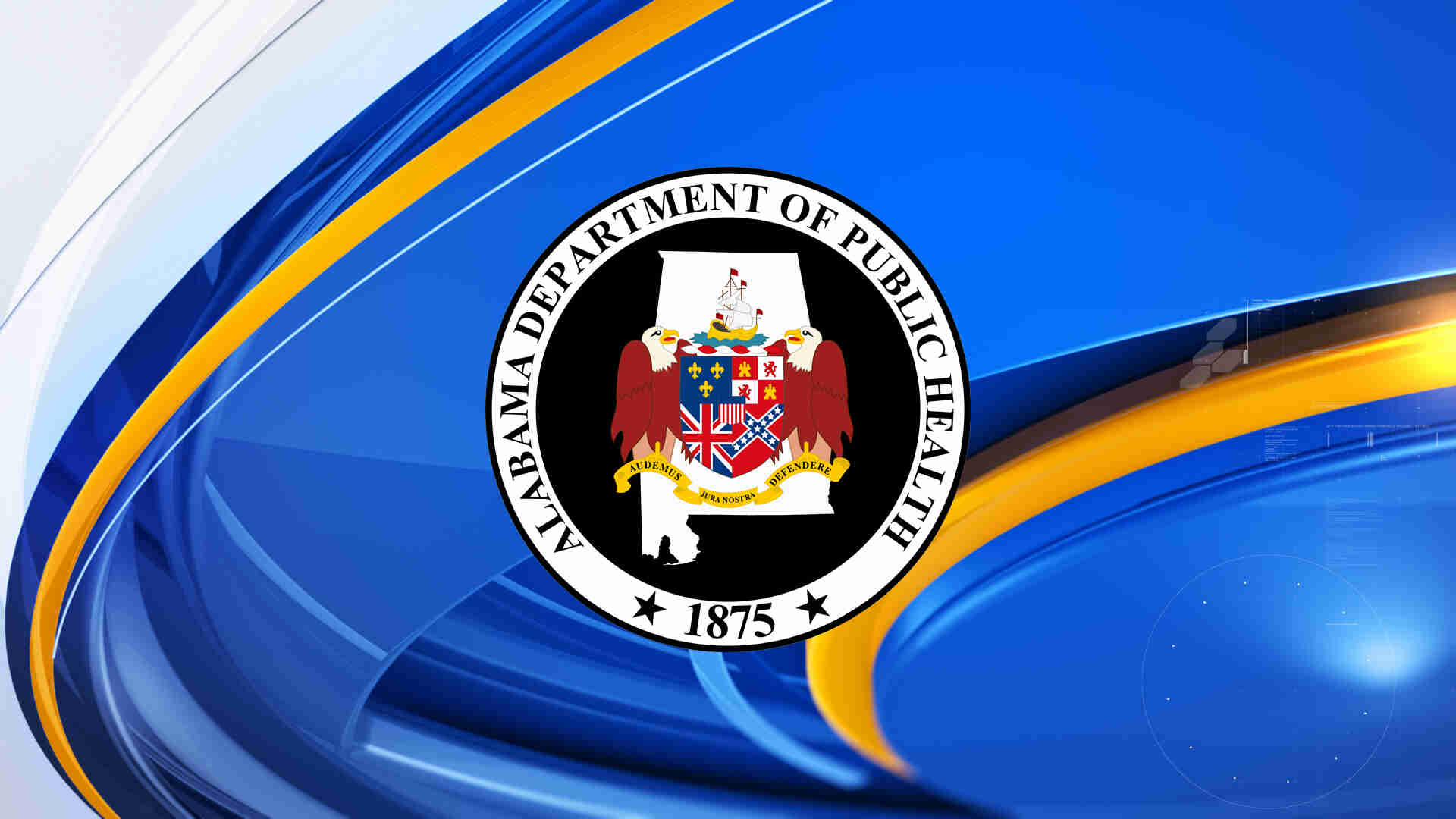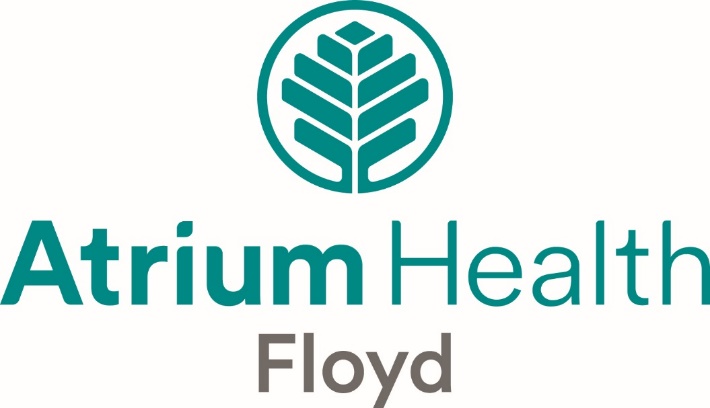
ALABAMA DEPARTMENT OF PUBLIC HEALTH
The RSA Tower, 201 Monroe Street, P.O. Box 303017, Montgomery, AL 36130-3017
(334) 206-5300 • FAX (334) 206-5520 Web Site: alabamapublichealth.gov
County health departments offer monkeypox vaccine for those at higher risk of illness
The Alabama Department of Public Health (ADPH) reports 69 cases of monkeypox in Alabama residents as of August 31 and is making a two-dose vaccination series available to persons at higher risk. ADPH continues to provide guidance and resources to educate, test, treat and prevent this illness.
ADPH investigates each case to provide education regarding isolation and potential treatment, as well as identify contacts who might benefit from vaccine. Not all cases of monkeypox require treatment, but cases need to isolate and follow infection control to reduce transmission of the virus to other people. Direct contact persons of cases may benefit from vaccine given within 4 to 14 days of contact. The public does not need to receive vaccine unless they are contacts to cases or have other risk factors.
In addition to education for persons to reduce the risk of monkeypox, ADPH promotes the use of Jynneos vaccine. Selected county health departments in Alabama have Jynneos vaccine in stock, but all local county health departments can provide information about appointments and administer vaccine if persons cannot travel to selected counties.
ADPH has expanded and simplified eligibility for Jynneos to reach as many higher risk persons as vaccine supply allows. To extend vaccine supply, ADPH is also transitioning to the use of intradermal Jynneos vaccine in persons ages 18 years and above. Intradermal vaccine is injected between layers of the skin instead in the triceps. Persons who have received Jynneos vaccine in the triceps can receive their second dose using the intradermal technique.
Adults 18 and older may be eligible for the vaccine if:
· They have been notified or are aware of close, intimate or sexual contact with someone diagnosed with monkeypox OR
· They identify as gay, bisexual, men with same sex partners, or as transgender men and report having multiple or anonymous sex partners or having attended an event or venue where monkeypox may have been transmitted (by sex or skin-to-skin contact) OR
· They are deemed at higher risk for monkeypox infections by the managing clinician or other factors.
Anyone can be infected with monkeypox. In this outbreak, male-to-male sexual contact has been a risk factor. Monkeypox is usually transmitted through close, intimate, skin-to-skin contact or through broken skin, respiratory droplets or mucous membranes.
Monkeypox causes a rash that starts as flat spots, which then becomes raised, develop into vesicles, and finally appear pustular. In this outbreak, some people have only had rash, but other symptoms, such as fever, chills, enlarged lymph nodes, muscle aches and headaches can occur with the rash. Monkeypox can spread from the time symptoms begin until the rash has fully healed, and a fresh layer of skin has formed.
This can take two to four weeks. Individuals with any symptoms of monkeypox should discuss their symptoms with their healthcare provider.
More information is available at the following:
https://www.alabamapublichealth.gov/monkeypox/assets/mpx-vaccine-flyer.pdf
https://www.alabamapublichealth.gov/monkeypox/vaccine.html



